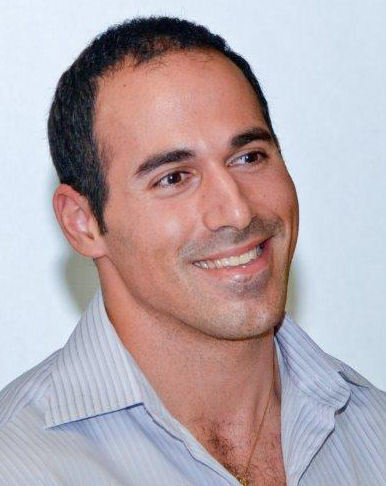
CYTO Virtual Interactive 2021 Oral Presentation - In the Beginning, IMMUNITY: Characterizing Immune Development in Preterm Infants using Mass Cytometry
-
Register
- Visitor - $50
- Bronze - Free!
- Silver - Free!
- Gold - Free!
- Platinum - Free!
- Community Administrator - Free!
- ISAC Staff - Free!
- Bronze Lab Membership - Free!
- Silver Lab Membership - Free!
- Platinum Lab Membership - Free!
Overview
Mortality of pre-term infants due to infections is a major challenge. An immature immune system is a main determinant of susceptibility to pathogens. To better understand the developing immune system, we mapped it in preterm and full-term infants using mass cytometry, which provides unprecedented information on immune cell types. Using data from longitudinal samples and the clinical course of the infants, we generated signatures of immune state and repertoire composition. Approximately 20 immune cell populations were characterized. We demonstrate that pre-term babies born at extreme early week of gestation (23–26 weeks) show all the immune cell populations, but in a different composition compared to more mature pre-term babies (32–36 week of gestation) or full-term babies. Principal component analysis (PCA) reveals that trajectories tend to have similar starting and end points for babies born in the same gestation week, and are more similar among twins. Additionally, a large cell population which is negative to CD45 and did not significantly express any other markers was found. It was identified by single-cell RNA-Seq as nucleated erythrocytes. This population is remarkably detected mainly in extreme pre-term babies (or at multiple births) and diminishes over time. Moreover, preliminary analysis links the immune state with clinical data, including antibiotics treatment. We show here a comprehensive study of the neonate immune system components which reveals patterns and similarities throughout its development and clinical state.
Speaker

Tomer-Meir Salame, PhD
Staff Scientist
Weizmann Institute of Science
Dr. Tomer-Meir Salame is a scientist in a shared resource laboratory (SRL) at The Weizmann Institute of Science’s Flow Cytometry Unit of the Life Sciences Core Facilities. Tomer received his BS in agriculture in 2004 from Hebrew University and continued onto a PhD program in biotechnology. He received his PhD with distinction in 2014 with ten publications, six of which as the first author. Tomer has won over thirty awards and scholarships, including the Wolf Fellowship, The Robert H. Smith Vision Prize, and The Rector’s Award. He joined the Flow Cytometry Unit in 2014 and became a staff scientist in 2017. He has collaborated on over 40 multidisciplinary projects, with 28 high-impact publications thus far, and he also teaches. Tomer is responsible for incorporating the most advanced single-cell protein profiling cytometry technologies to date: Cytometry by Time-of-Flight (CyTOF) and Multiplexed Ion Beam Imaging (MIBI).
CMLE Credit: 1.0

